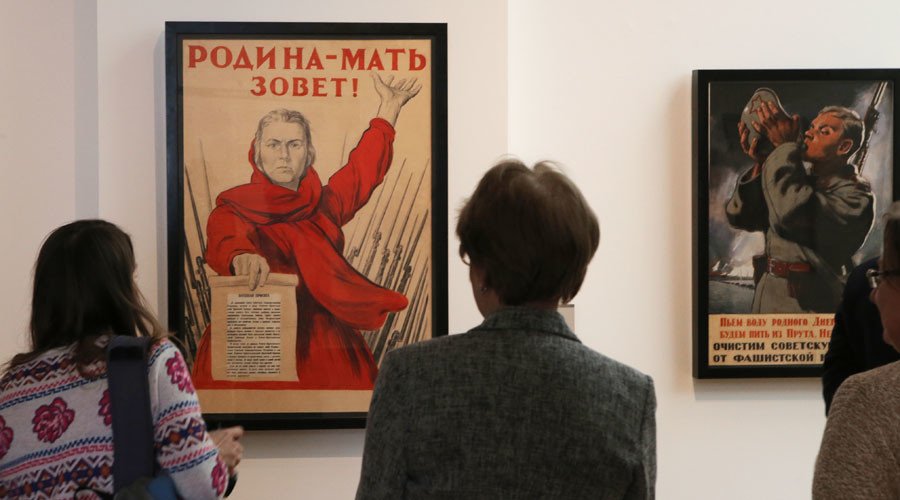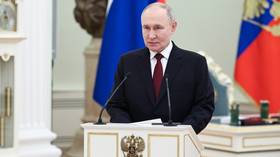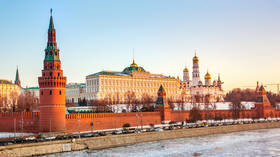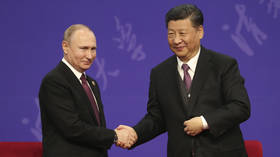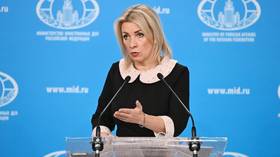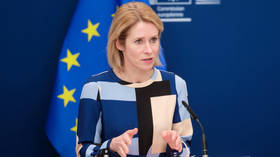Defend your Kalashnikov: Lawmakers ponder protection for unofficial symbols of Russia
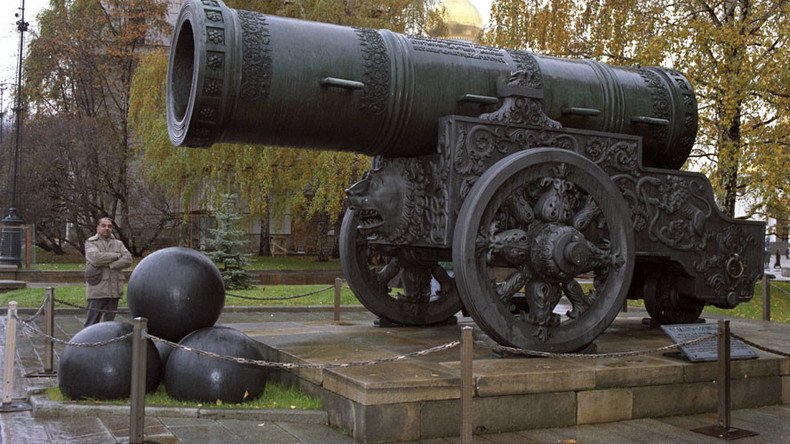
MPs representing the Leningrad Region have prepared a bill ordering fines for insulting “unofficial symbols of the country” such as the Moscow Kremlin, Tsar Cannon, Kalashnikov assault rifle and many others.
The sponsors of the bill explained that over the past few years cases of the mocking of unofficial Russian symbols had become frequent, especially on the internet. The proposed punishment for such actions is a fine of up to 150,000 roubles (about US$2,250).
READ MORE: Communists seek official ban on Russian anthem ringtones
According to lawmakers, the unofficial symbols of the Russian Federation include Moscow’s iconic St. Basil’s Cathedral, the Moscow Kremlin, the Tsar Cannon and Tsar Bell, sigils and emblems of Russian royal dynasties, Russian state decorations - including those of the Russian Empire and the Soviet Union - the Kalashnikov assault rifle, the T-34 battle tank, the image of Soviet soldiers as liberators and the famous WWII-era poster ‘The motherland is calling.’
“These symbols represent our country and some pranksters produce toilet paper with the Kremlin on it or portray Soviet soldiers as drunks. This is inadmissible and we must punish such actions,” said Vladimir Petrov, one of the authors of the draft and a member of the Leningrad Region’s legislative assembly, in comments with Izvestia daily.
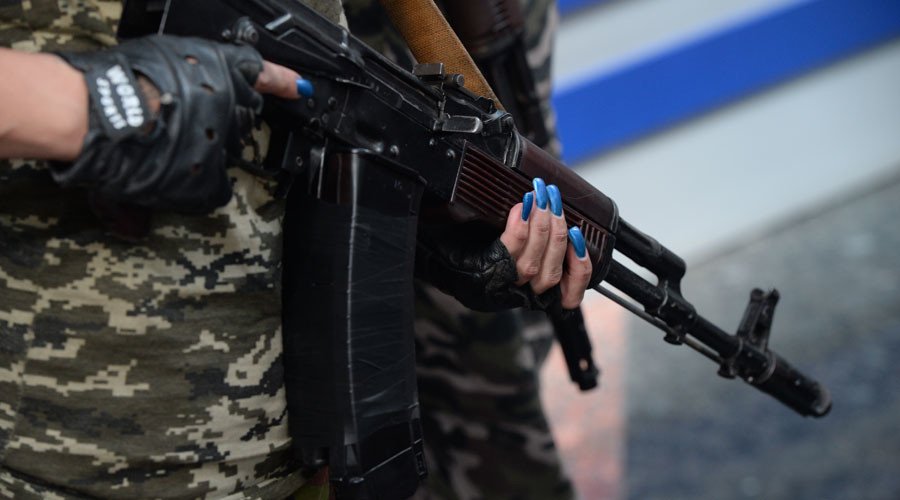
In late 2015 the Communist Party caucus in the State Duma prepared a bill introducing fines for unsanctioned use or distortion of the Russian state flag and coat of arms, as well as state symbols used during the Soviet era. If passed, this new act will introduce fines of between 10,000 and 20,000 rubles (about $150-$300) for those who use Russian state symbols without a license. According to the same draft, the distortion or insulting of state symbols that “targets Russian statehood” could cost offenders five years behind bars.
The Communists also suggested that the bill should cover not only the current state symbols of the Russian state, but also the flag and coat of arms of the Soviet Union, which are still used by many Russian companies in the hope of luring nostalgic customers.
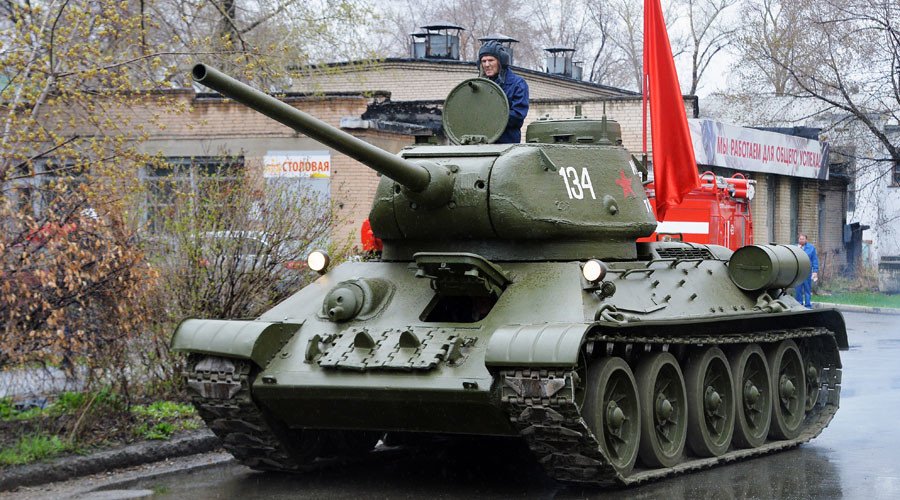
In May 2015 Communist Party MP Vadim Solovyov proposed another bill introducing liability for using the national anthem as a ringtone for advertising purposes. The sanctions for violating the rules on the use of state symbols could be administrative fines between 100,000 and 200,000 rubles ($2,000-$4,000) or even prosecution as a criminal offense, the MP said.
Before that, the head of the populist nationalist party LDPR, Vladimir Zhirinovsky, suggested that the State Duma pass regulations that would ban any use of “symbols of victory” such as Red Army stars and banners, military medals and St. George’s ribbons for advertising purposes.
READ MORE: Communists seek tougher legal protection for state symbols of past & present
Currently the Russian constitution allows citizens, companies and official groups to use all state symbols if they can prove that their use is not “desecration.” Violation of official rules of use of state symbols is listed as an administrative offense and is punishable with fines between 3,000 and 150,000 rubles. ($600-$3,000).
Desecrating a state flag or emblem is a criminal offense that can carry up to one year in prison, and foreign citizens can face additional punishment in the form of a five-year ban on entering Russia.
